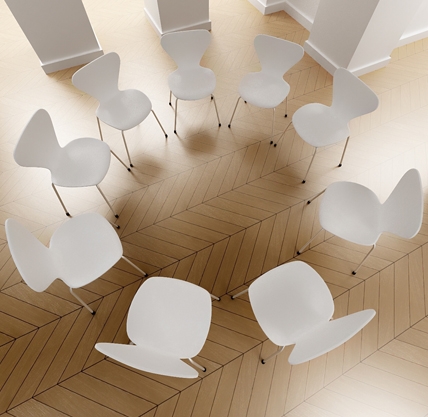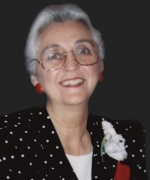
What are the pros and cons of support groups for caregivers?
Support groups vary from place to place and, if you have the opportunity, it's a good idea to visit more than one group before making a decision about which group is your best fit. These groups can provide support and information to help you find ways to productively move forward. Support groups can help people adjust to and find solutions for the changes they experience after a loved one has had a brain injury. Many groups provide resources and schedule professional guest speakers to educate members on specific topics like respite care, managing your loved one’s behavioral issues, and making sure to take care of yourself.
Most groups focus on sharing experiences and solutions. Caregivers in the early stages of managing the aftermath of brain injury of a loved one can also find comfort and hope in a support group. Some groups provide the social connection you might be missing if you're spending the majority of your time being a caregiver. It may also offer opportunities to problem solve in an empathic group setting.
Support groups are not for everyone. It really depends on the individual and his needs at the time. Some people like the companionship of a group and others prefer to find information by reading or searching the web.
It's important to have a skilled facilitator guide the discussion to be sure everyone has a chance to speak. The leader can also help the group focus on productive solutions and strategies for coping.
Support groups can create a sense of belonging. They can be an opportunity to make social connections, and share ideas, issues, and worries. Doors open in the most surprising places; you never know ... you may make a new life-long friend or find a resource for your loved one that you never knew existed.
About the author: Carolyn Rocchio
Carolyn Rocchio is a nationally recognized advocate, author, and speaker in the field of brain injury. Her expertise in brain injury developed as a result of a 1982 auto crash in which her son sustained a severe traumatic brain injury.


Comments (7)
Please remember, we are not able to give medical or legal advice. If you have medical concerns, please consult your doctor. All posted comments are the views and opinions of the poster only.
COZY MCKEEN replied on Permalink
When I was living in Louisville, KY. I found a really good one but it was for my brain tumor type. Everyone in the group had the same thing. When I moved back to Orlando Park, IL. I could not find one like that. I made a lot of friends in that group. Kathy was the organizer of the group. I miss them all.
Amber Dougherty replied on Permalink
I live in Brevard county Fl. I suffer from a TBI. Where can I find one near me?
Anonymous replied on Permalink
Amber, Have you tried the Brain Injury Association of Florida's TBI Resource and Support Center? They have a website (http://www.byyourside.org/) or you can call them at 800-992-3442. They also have a list of support groups in florida: http://www.byyourside.org/documents/supportgroupsweblist.pdf
Anonymous replied on Permalink
I have gone to two different support groups. Both from local hospitals in our area. The good thing was is that you didn't need to belong to that particular hospital in order to participate. The first group only had three people and they all had husbands who were drunk drivers and that did not fit our situation at all. So I tried another group at a different hospital and it had about a dozen patients and caregivers with a variety of situations. There has always been something I can learn from that group or ask questions about. But I must say, the website here on Brainline.org is one of my favorites. It is a spectacular group of patients and caregivers who I can learn a wide variety of info from exactly when I need it. Thank you Brainline.org
Anonymous replied on Permalink
I live in California ..San Jose I am a severe t.b.i. patient how can I find out where these groups are?
Anonymous replied on Permalink
I'm sure support groups are important, but the nearest one that I'm aware exists is in Ft. Wayne Indiana, and living in Plymouth, Indiana, that's a 1.4 hour drive each way. I never drove more than ten minutes from home when I was still driving, and recently my kids took away my car, because pressure from appointments or other commitments often had me choosing to drive when I knew I was not focusing well enough to drive safely.
Other than discussions on Facebook, I have not found any way to communicate with other survivors or caregivers. (Before my accident, I was a caregiver for my wife who has been an ABI survivor since 1995.)
Anonymous replied on Permalink
Oh yes, support groups are very important for the recovery process. Important for both sides of the coin. And yes again, the survivor or the family/caregiver has to find the right one. I wish I found one earlier in my recovery, that first year was so hard. Once I decided to find one my pace picked up faster and easier. Finding that others had the same issues that I was going though allowed me to understand more about my recovery. I was never letdown or felt like a newbie. Meeting people with years under their belt, meeting people with the same time span as mine, meeting new members coming in hoping they would fit in, we are shared one main thing. Our injury changed our lives. And then sharing our techniques or strategies or tips helps everyone.